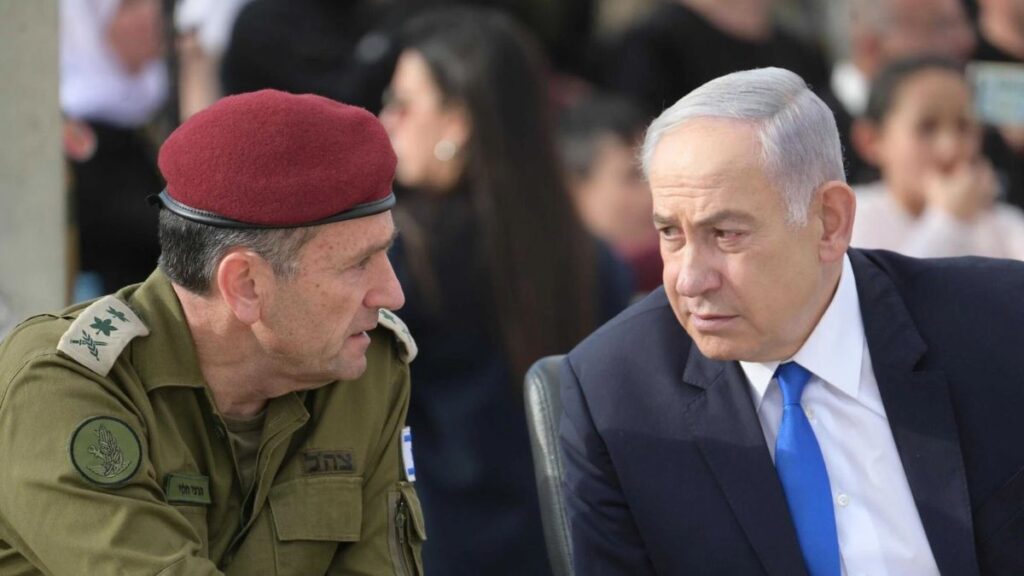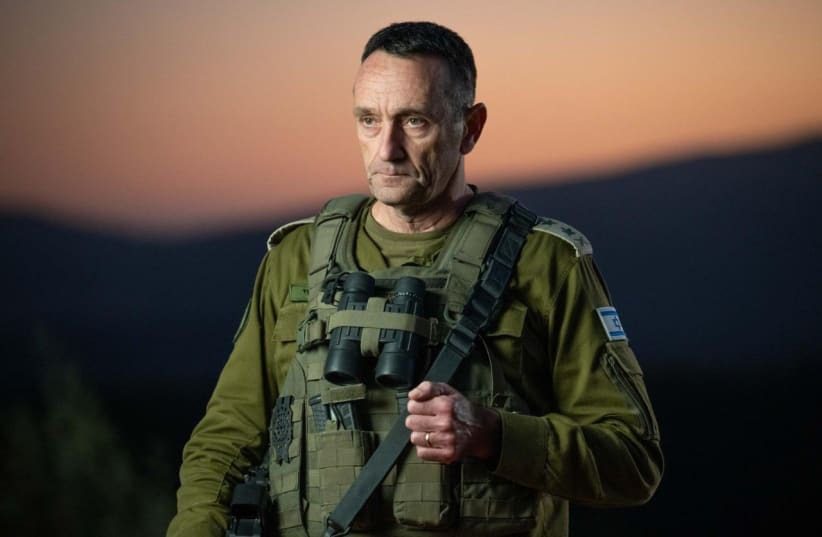In a significant development in Israel’s security landscape, Lt. Gen. Herzi Halevi, the Chief of Staff of the Israel Defense Forces (IDF), announced his resignation on January 23, 2025. His decision to step down comes after the military’s failure to prevent the devastating Hamas attack on October 7, 2023. The resignation has sparked political debates and calls for accountability within the Israeli government.
Background: The October 7 Hamas Attack
On October 7, 2023, Hamas launched a coordinated attack on Israel, resulting in over 1,400 Israeli deaths and the abduction of dozens of civilians. This unprecedented assault caught the Israeli military off guard, leading to severe criticism of its preparedness and response. Despite the IDF’s long-standing reputation and resources, the scale of the attack highlighted serious lapses in its defense strategy.
Halevi’s Resignation: Taking Responsibility
Lt. Gen. Halevi’s resignation is a direct acknowledgment of the IDF’s failure to safeguard the nation on October 7. In his resignation letter, Halevi expressed deep remorse for the military’s inability to protect Israeli citizens during that fateful morning. He wrote, “This failure weighs on me every day and will do so for the rest of my life.”

Despite the criticism over the Hamas attack, Halevi pointed out that under his leadership, the IDF managed to achieve significant military successes. These include weakening Hamas, Hezbollah, and diminishing Iran’s influence in the region. He emphasized that the IDF has been engaged in intense combat across multiple fronts and has made strides in dismantling Hamas’s military and governance structures.
Read More: The Untold Truth About Trump’s China Strategy: Will It Lead to America’s Golden Age?
Continued Military Operations and Future Objectives
Halevi made it clear that the war against Hamas is not yet over, and the IDF’s operations will continue. The military’s goals include dismantling Hamas’s governing capabilities, securing the return of Israeli hostages, and restoring security for residents to return to their homes. Even as he steps down, Halevi affirmed that the IDF would continue to pursue these objectives under his leadership until his official departure in March 2025.
Reactions: Political and Public Fallout
Halevi’s resignation has intensified political tension within Israel. Prime Minister Benjamin Netanyahu, who has faced mounting criticism over his role in the lead-up to the October 7 attack, praised Halevi’s service and leadership, calling it a “remarkable contribution” to Israel’s security. However, Netanyahu has not taken responsibility for the military failures that led to the attack, stating that accountability will be addressed only after the war concludes.
Read More: Why Elon Musk’s Influence in Europe Could Be More Dangerous Than You Think

Opposition leaders wasted no time in using Halevi’s resignation to target Netanyahu’s government. Yair Lapid, leader of the opposition, expressed respect for Halevi’s decision but called for Netanyahu and his cabinet to step down, stating, “Now it’s time for the Prime Minister and his disastrous government to take responsibility and resign.” Other prominent political figures, such as Benny Gantz and Avigdor Lieberman, echoed these calls for accountability.
Calls for an Independent Inquiry
In the wake of Halevi’s resignation, there has been an increased demand for an independent state commission of inquiry into the events of October 7. Families of the victims have been vocal, insisting on a thorough investigation to prevent future tragedies. Orit Farkash-Hacohen, a member of the Knesset, has announced plans to introduce a bill to establish such a commission, hoping to restore public trust in Israel’s security apparatus.
Read More: Donald Trump’s Two-Day Frenzy: Why His Return Already Feels Like a Full Political Era
Speculation on Halevi’s Successor
With Halevi’s resignation now confirmed, speculation over his successor has begun. Among the leading candidates are Eyal Zamir, the current director-general of the Ministry of Defense, and Maj. Gen. Uri Gordin, the head of the IDF’s Northern Command. Additionally, the IDF’s current deputy chief of staff, Amir Baram, is also in the running, having reportedly encouraged Halevi to step down earlier.







